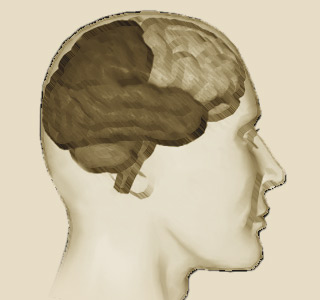
However it was noted that studying these behavioral differences may be difficult for the experts. Since it was believed that the experts may be unaware of their participant’s susceptibility to sleep deprivation until after the study has been completed. Therefore in order to keep away from this dilemma, the experts were believed to have chosen the participants on the basis of their genes. This study was stated to have been led by Pierre Maquet, MD, at the University of Lìege in Belgium and Derk Jan Dijk at the University of Surrey in the UK.
An expert on sleep deprivation who did not seem to be associated with the study, Michael Chee, MBBS, at the Duke–National University of Singapore Graduate Medical School stated that, “The extent to which individuals are affected by sleep deprivation varies, with some crashing out and others holding up well after a night without sleep.â€
It was previously revealed that the PERIOD3 (PER3) gene may have the ability to predict how people might respond to sleep deprivation. It was also noted that people may either carry long or short variants of the gene. Participants with the short PER3 variant were believed to be more flexible to sleep loss, due to which they seemed to have performed well on cognitive tasks after being deprived of sleep. However, those with the long PER3 variant were believed to be lesser resilient. They seemed to have a poorer cognitive performance after being deprived of sleep.
The study experts have tried to elucidate the reason behind these findings. They were believed to have screened the participants while they were working on their memory assignment. This memory assignment or executive function was noted to require concentration and cognitive control.
Allegedly these participants were screened four times each. They were believed to have been screened once before sleeping at night and once after waking up in the morning. Apart from this they were also screened once again before having a sleepless night and also in the morning following a sleepless night.
Following this the experts were believed to have observed that the people with flexible, short gene variant appeared to have compensated for sleep loss by engaging extra brain structures. In addition to triggering activation in the brain structures through a cognitive task, an increased activation was also noticed in other frontal, temporal, and sub cortical brain structures.
In comparison to this, after a sleepless night, the long PER3 group was noted to have shown reduced activity in brain structures. These participants after a normal waking day appeared to have revealed reduced brain activity in one brain structure, i.e. the right posterior inferior frontal gyrus.
Maquet says that, “Our study uncovers some of the networks underlying individual differences in sleep loss vulnerability and shows for the first time how genetic differences in brain activity associate with cognitive performance and fatigue. The data also provide a basis for the development of measures to counteract individual cognitive deficits associated with sleep loss.â€
“This study and others like it will help in choosing better candidates for extremely demanding jobs, like shift work, that make challenges on sleep biology and will help develop countermeasures for at-risk people,†added Dr Chee.
These findings seemed to have reached the same conclusion as the previously conducted study. It was noted that the long gene variant were believed to have relatively performed better on the cognitive tasks which were conducted earlier in the day, as compared to the tasks performed later in the day.
This study has been published in The Journal of Neuroscience.
